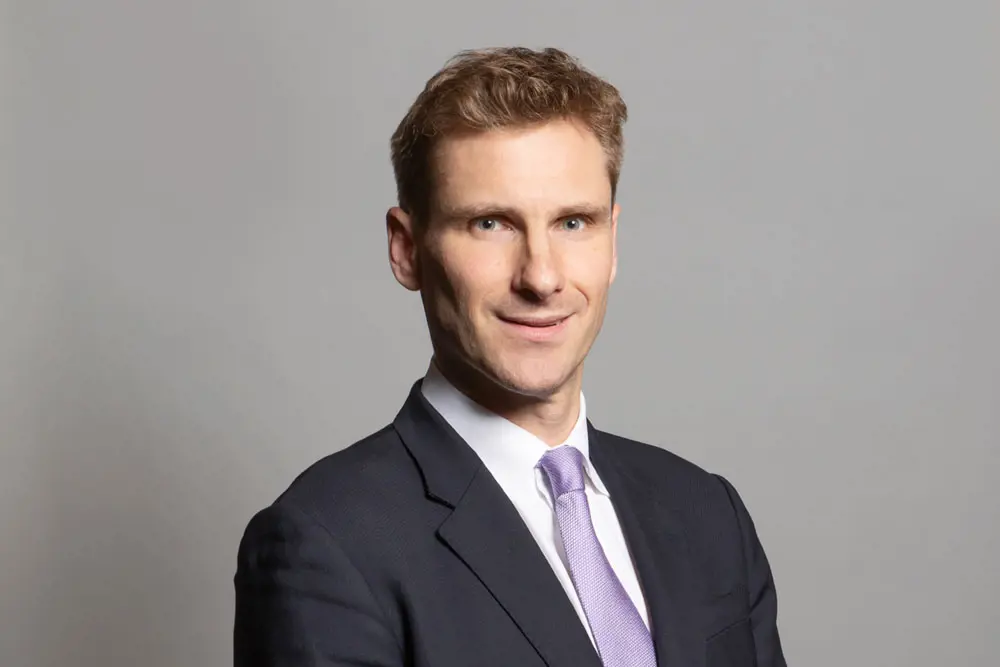

UK Gambling Minister Chris Philp has said gambling reform in Great Britain was “long overdue” during a speech at the Gambling Reform Rally yesterday (8 March).
The rally, which was jointly organised by the All-Party Parliamentary Group on Gambling-Related Harm (APPG) and Peers for Gambling Reform, included a number of individuals and groups who have campaigned to reform the gambling industry with an increased focus on responsible gambling.
During his speech Philp said that gambling reform was “undoubtedly long overdue”, adding that the Gambling white paper, which forms part of the government's Gambling Act Review, would contain a “revised policy” on gambling.
The review will contain assessments of the 2005 Gambling Act and suggest areas of reform. Philp was selected to lead the review following his appointment as UK Gambling minister in September.
Commenting on the necessity of reforms, Philp emphasised that the much has changed in the 17 years since the Gambling Act was put in place.
“Internet gambling didn’t really exist in 2005,” said Philp. “We now have evidence, including a Public Health England report, which identified 409 gambling suicides a year. It is imperative that we respond to that.”
Philp went on to state that operators are “failing to meet their duties to protect people”, citing recent examples of fines and errors that have been publicised in the media. These included the Gambling Commission handing down a £9.4m fine to 888, after discovering a number of social responsibility and money laundering failures, many linked to setting thresholds for financial checks too high.
“That is simply not right, and it shouldn’t take the Gambling Commission acting after the event to catch them,” said Philp. “It shouldn’t happen in the first place.”
He suggested that gambling data could be used to prevent gambling harm, proposing that the regulator have more power to analyse customer data.
“One of the things I’ve spoken about previously is the role that technology and data can play in preventing harm from arising, because the big gambling companies have enormous troves of data which they use very effectively for the purposes of cross-selling and encouraging people to gamble more,” Philp continued.
“So I think we need to use that data to help protect the public, which means having a regulator that has the powers and capability to get hold of that data and properly analyse it, to understand where bad practices are happening and ensure compliance.”
This data, Philp continued, could be of benefit in a few areas. One of those mentioned was a Single Customer View (SCV), which the UK's Information Commissioner’s Office backed in October last year. An SCV approach would allow customer data to be shared between businesses, with the aim of reducing gambling harm.
“It wouldn’t be appropriate or proportionate to have intrusive checks for someone who is betting relatively small amounts of money on the Grand National,” explained Philp. “But there are definitely levels of more significant gambling losses where proper checks should be done.
“That is the kind of intervention we’re looking at, in a way that is proportionate and balanced.”
Philp concluded his speech by emphasising gambling harm prevention as the key to effective reform, as opposed to curing an addiction after it has begun.
“Prevention is a lot better than cure, which is why we do see this as a public health issue and why we do have, and should have, controls that protect everyone who chooses to gamble – through the licensing regime to regulation to technical standards.
“People are being exposed to risks in an unreasonable way, led down what can be a very dark path. So we are going to act, and act quickly.”
Other speakers at the event included MP Carolyn Harris, chair of the APPG, who criticised the 2005 Gambling Act and the availability of 24-hour gambling in the form of apps on personal devices.
“Technology has come a long way since 2005,” said Harris. “But that doesn't excuse the fact that [the 2005 Gambling Act] was a bloody awful piece of legislation.
“We have a situation now where people can look at a phone, an iPad or whatever piece of technology they have, and they can gamble 24 hours a day, seven days a week.”
